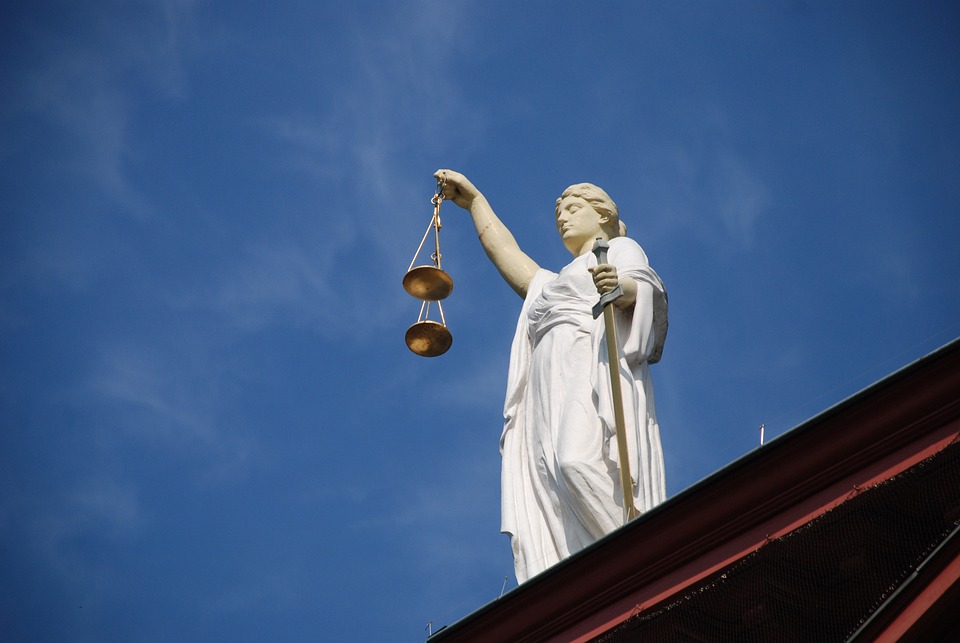
Navigating the Maze of Legal Jurisdiction: What Every Citizen Should Know
Navigating the Maze of Legal Jurisdiction: What Every Citizen Should Know
Understanding legal jurisdiction is essential for every citizen to ensure they abide by the laws governing their actions. This article aims to shed light on the complexities surrounding legal jurisdiction and provide guidance on how to navigate through this intricate maze.
What is Legal Jurisdiction?
Legal jurisdiction refers to the authority of a court or other legal body to hear and decide a case. It determines which laws apply to a particular situation and which court has the power to adjudicate. Jurisdiction can be based on various factors, including geographical location, subject matter, and the parties involved.
Within a single country, different levels of jurisdiction exist, such as federal, state, and local. Each level has its own set of laws and courts with specific authority. Additionally, jurisdiction can extend beyond national borders, known as international jurisdiction, which involves treaties, agreements, and principles of international law.
Navigating Jurisdictional Boundaries
Understanding the boundaries of legal jurisdiction is crucial to avoid legal complications. Here are some key points to consider:
- Geographical Jurisdiction: The location where an incident occurs often determines which court has jurisdiction over the case. It is important to be aware of the specific jurisdictional boundaries within your country.
- Subject-Matter Jurisdiction: Different courts specialize in specific areas of law, such as criminal, civil, family, or administrative law. It is essential to identify the appropriate court that handles cases related to your legal matter.
- Personal Jurisdiction: Personal jurisdiction refers to a court’s authority over the parties involved in a case. Factors such as residency, consent, or minimum contacts with a particular jurisdiction can determine if a court has jurisdiction over a person or entity.
- Internet Jurisdiction: With the rise of online activities, determining jurisdiction in cyberspace can be challenging. Laws regarding online transactions, cybercrimes, and intellectual property infringement can vary across jurisdictions. It is advisable to seek legal advice when engaging in online activities with potential legal implications.
Frequently Asked Questions (FAQs)
Q: Can jurisdiction overlap between different courts?
A: Yes, in some cases, multiple courts may have jurisdiction over a particular matter. This often occurs when there is a conflict of laws or when different aspects of a case fall under the jurisdiction of different courts.
Q: How can I determine which court has jurisdiction over my case?
A: To identify the appropriate court, consider factors such as the geographical location of the incident, the subject matter of the dispute, and the parties involved. Consulting with a legal professional can provide further guidance.
Q: What happens if I fail to comply with the jurisdictional requirements?
A: Failing to comply with jurisdictional requirements can result in legal consequences, such as the dismissal of your case or the inability to enforce a judgment. It is crucial to understand and adhere to the jurisdictional rules applicable to your situation.
Conclusion
Navigating the maze of legal jurisdiction can be a daunting task, but it is essential for every citizen to have a basic understanding of how it works. By familiarizing yourself with the principles of jurisdiction, you can ensure that your actions align with the applicable laws and avoid unnecessary legal complications.
For further reading on this topic, you may find the article Legal Jurisdiction Explained insightful.
